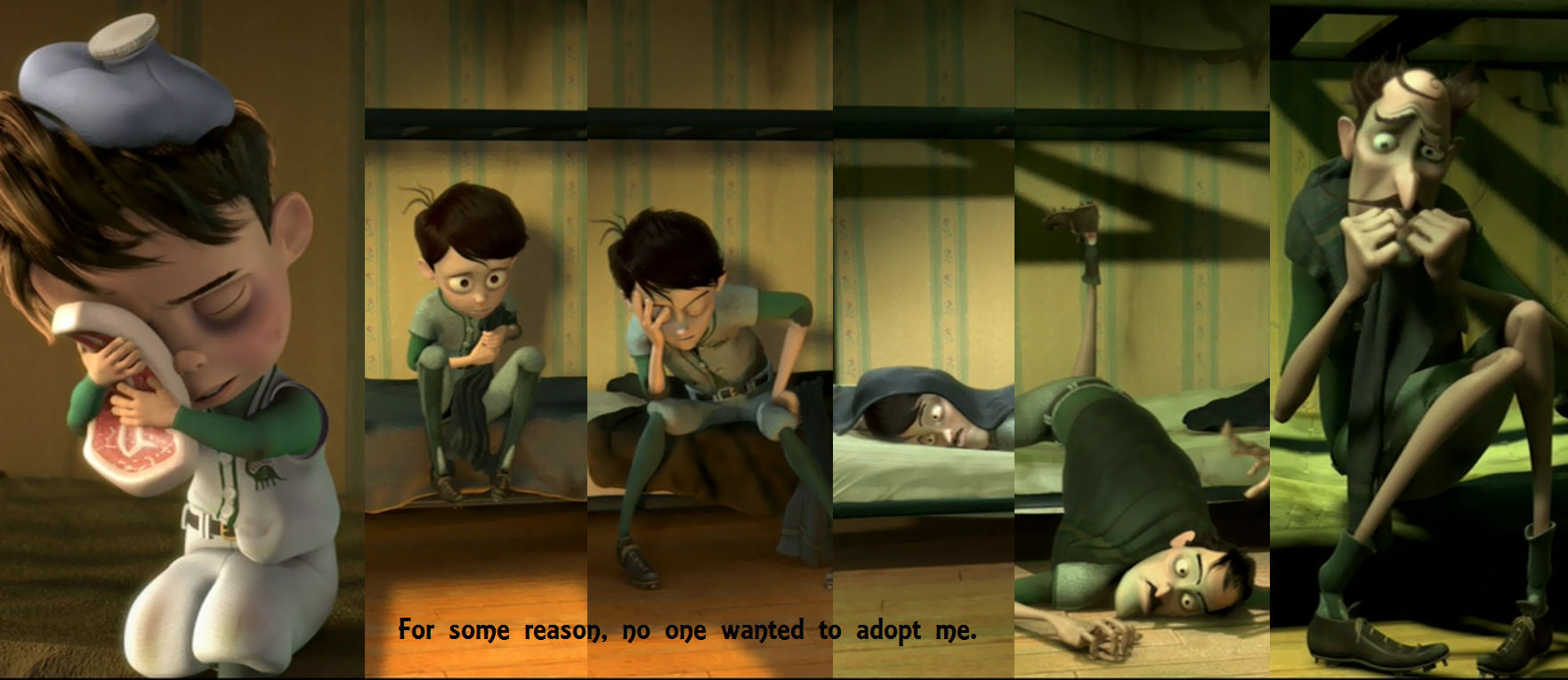We’re often told that Christians shouldn’t beat themselves up for their sins and yet so many do it. Maybe that’s because the advice has been understated. Maybe we should go one step further to say that Christians mustn’t beat themselves up for their sins.
I’m reading Watchman Nee’s The Normal Christian Life for the umpteenth time. This quote reminded me today why this book is a classic:
What then of our attitude to Satan? This is important, for he accuses us not only before God but in our own conscience also. “You have sinned, and you keep on sinning. You are weak, and God can have nothing more to do with you.” This is his argument. And our temptation is to look within and in self-defense to try to find in ourselves, in our feelings or our behavior, some ground for believing that Satan is wrong. Alternatively we are tempted to admit our helplessness and, going to the other extreme, to yield to depression and despair. Thus, accusation becomes one of the greatest and most effective of Satan’s weapons. He points to our sins and seeks to charge us with them before God; and if we accept his accusations, we go down immediately.
Now the reason why we so readily accept his accusations is that we are still hoping to have some righteousness of our own. The ground of our expectation is wrong. Satan has succeeded in making us look in the wrong direction.
Our salvation lies in looking away to the Lord Jesus and in seeing that the blood of the Lamb has met the whole situation created by our sins and has answered it. That is the sure foundation on which we stand. Never should we try to answer Satan with our good conduct but always with the blood.


